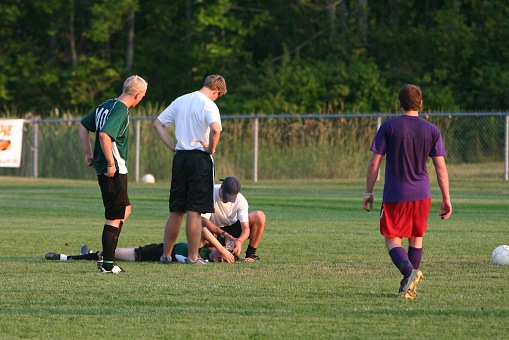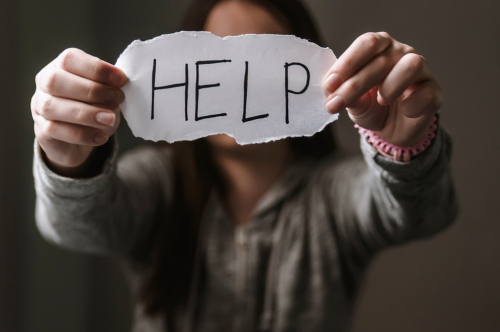
A new study has linked concussion to an increased risk of depression and suicide in adults, meaning high school students with a history of sports-related concussions might incur a greater risk of taking their lives. The study was conducted by The University of Texas Health Science Center at Houston (UTHealth) and published in the Journal of Affective Disorders.
“It’s important to remember that when it comes to concussions, there’s no visual test to confirm them. Unfortunately, you can’t take your child to have a lab test done to diagnose one,” said Dale Mantey, the study’s lead author, a doctoral student at UTHealth School of Public Health in Austin in a press release.
To conduct this study, researchers examined survey data on more than 13,000 US high school students. The study subjects were asked if they had received a concussion related to sports or physical activity in the last year and were also queried about questions to measure potential suicidal behaviors.
A Troubling Link
According to the results of the study, almost 15% of students surveyed reported having suffered a concussion. The researchers observed that teenagers who reported having a concussion in the last year were more likely to report feelings of depression, suicidal feelings, and had also previously either planned or attempted suicide.
Moreover, of the students who reported a history of concussions, approximately 36% had felt sad or hopeless, and approximately 21% had thoughts of suicide. Male participants with a reported concussion in the last year were twice as likely to report having attempted suicide and three times more likely to report a history of receiving medical treatment for an attempted suicide than those who did not have a recent concussion.
Furthermore, the study showed that female students with a history of concussions were more likely to report all risk factors of suicide, including feelings of sadness or hopeless, having suicidal ideations, a planned suicide attempt, having attempted suicide. They were also twice as likely to indicate a history of receiving medical treatment for an attempted suicide juxtaposed to females who did not report a concussion in the last year.
Concussions in high school athletes may be a risk factor for #suicide @UTHealth https://t.co/3g8tkvzxx3
— Medical Xpress (@physorg_health) November 25, 2019
“Everyone needs to be aware of the warning signs and the risks that come with concussions – parents, teachers, coaches, but also the students themselves,” Mantey said. “If there is any concern that a child may have suffered a concussion, it is critical to seek medical attention. If a child is diagnosed with a concussion, everyone in their support network should look for changes in mood or behavior that may be warning signs of reduced mental well-being.”
Concussions in high school athletes may be a risk factor for suicide https://t.co/KySR0Oj7Zv via @instapaper
— James Igoe (@JamesJosephIgoe) November 25, 2019
Concussions in high school athletes may be a risk factor for suicide https://t.co/6ArGR1VJc3
— Pete Vernig, PhD, MBA (@drvernig) November 25, 2019







 © 2025 Mashup Media, LLC, a Formedics Property. All Rights Reserved.
© 2025 Mashup Media, LLC, a Formedics Property. All Rights Reserved.